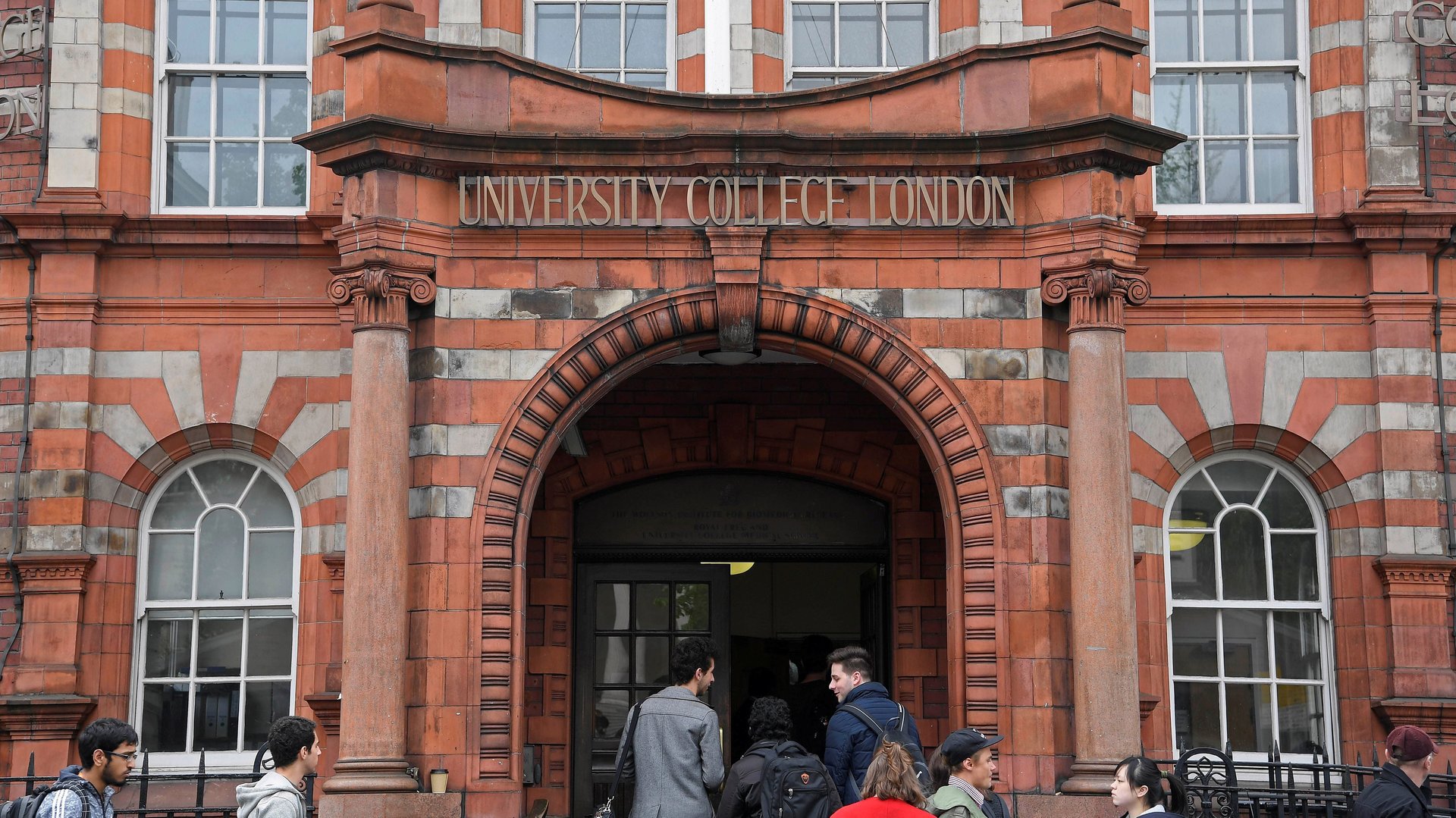Why Brexit could be a boon for Indian students looking to study abroad
As Britain begins separating from the European Union (EU) on March 29 this year, Indian students have reasons to rejoice.


As Britain begins separating from the European Union (EU) on March 29 this year, Indian students have reasons to rejoice.
The UK’s leading universities are likely to try to recruit many more overseas students, particularly from China and India, to offset a series of financial challenges arising from Brexit, Sir Anton Muscatelli, vice-chancellor of Glasgow University and chairman of the Russell Group, told daily newspaper the Times (paywall). The Russell Group represents 24 public research universities in the UK, including King’s College, Imperial College, and the London School of Economics, among others.
“Many universities will try to do this because it will be the only way to respond to a sudden fall in income,” Muscatelli said.
Glasgow University will likely increase its composition of overseas students to make up half of the total, reported the Times, while University College London (UCL) will also up its foreign students to 50% and cut down on enrollments from home. International students already pay upwards of £12,000 annually, and a government review could slice tuition fees for local students down to £6,500 (Rs5.8 lakh) from £9,250, making international students more lucrative than before.
For years, Indians were the second-largest international student population in Britain, after China, but their numbers have dwindled in recent years, declining 26% between 2013 and 2017 largely because the post-study visa was abolished. Still, India sends the fourth-highest number of students to the UK.
The brewing crisis
In the wake of Brexit, EU students will no longer be given preferential treatment.
“…we bring free movement to an end, different rules to the current ones must apply to migration here by EU citizens,” home secretary Sajid Javid said in a white paper published on Dec. 19. Instead, the UK will move towards a “skills-based” immigration system.
With the new rules slated to come into force by 2021, British universities are worried about the fate of their 50,000 EU staff and 130,000 EU students. “University leaders are united in the view that the UK leaving the EU without a deal is one of the biggest threats our universities have ever faced,” a collective of over 150 higher-education providers warned in a Jan. 04 open letter to politicians. The collective included Universities UK, the Russell Group, Guild HE, Million Plus, and University Alliance.
They wrote:
Vital research links will be compromised, from new cancer treatments to technologies combatting climate change. The valuable exchange of students, staff and knowledge would be seriously damaged. And we share the concerns of business about the impact of no deal on everything from supply chains to security and travel. It is no exaggeration to suggest that this would be an academic, cultural and scientific setback from which it would take decades to recover.
Already the adverse impact of the uncertainty caused by Brexit is showing in enrollments, according to data from Russell Group universities. Postgraduate enrollments dropped 9% for the ongoing academic year.
The silver lining
For non-EU foreign students, this is good news for two reasons.
One, they can now apply to colleges on a level playing field with their EU counterparts and stand an equal chance of securing a spot. Secondly, to make up for the slowdown in enrollments from EU member states, students from India and China are being welcomed with open arms.
Beyond colleges, even the job market will become easier to crack.
International students at British universities will be given six months’ post-study leave, “giving them more time to find permanent skilled work and to work temporarily during that period,” Javid wrote. “Those who have completed a PhD will have a year.” Of course, the minimum salary threshold remains at £30,000, and businesses still have to shell out thousands of pounds to sponsor workers, but at least citizens from EU nations won’t be favoured over other foreigners.
Indians already comprised 55% of all tier 2 skilled worker visa recipients in the year ending September 2018. The number of work visas available for skilled immigrants has been limited to 20,700 thus far, but under the new rules, the cap will be removed, Javid wrote in the white paper. This is great news for Indian doctors and IT professionals from the country, who have always faced a shortage of visas.